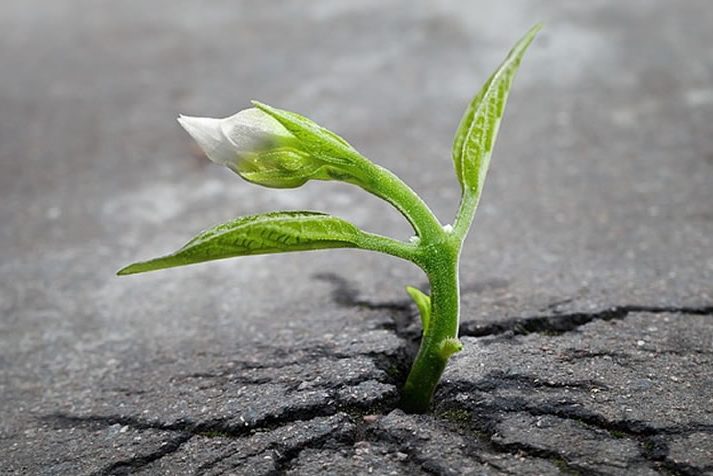Consider the following two teenagers. Carl is 17, gets mostly A’s, is on the varsity soccer and track teams, is loved by friends, teachers and other adults and generally stays out of trouble. Jessica is 15, gets mostly C’s and B’s, struggles with anxiety and depression, often starts things and doesn’t finish them and occasionally gets so overwhelmed, she resorts to cutting as a way to cope.
Carl and Jessica are siblings with two parents that love them very much and strive to give them everything that they never had. So why is Jessica struggling so much while Carl isn’t and how does she get the help she needs? Understanding the complexity of the adolescent experience in general and yours in particular is an important starting point towards figuring out how to help.
A lot of factors influence behavior in teens
Parenting style and approach matters…a lot. Being warm and loving while also setting boundaries and limits is an essential balance. However, I see a lot of very frustrated parents. They have teens who are really struggling and while they get that they could be doing things better they also feel like there’s gotta be more going on with their kid, and they’re right. Perhaps you can relate to this.
The adolescent experience has a lot of moving parts that often conflict. Some of this is happening within their body and brain and some in their environment.
As you may have noticed, adolescents can be unreliable and moody. Just when it seems like everything’s all good, bam, it’s not. As a parent (especially moms), you bare the brunt of this.
Below are a list of some of the major internal workings that often make otherwise thoughtful, intelligent and loving teens feel and appear crazy at times. How do these factors impact your teen?
- Their born temperament. This includes things like: Sensitivity, activity level, intensity, sensory threshold and frustration tolerance.
- Undeveloped prefrontal cortex (planning and reflection). This “brake system” is inconsistent and unreliable.
- Easily activated amygdala. Why adolescents experience more intense emotions.
- Chemical drive towards risk taking. They overvalue the benefits and undervalue the costs associated with potentially rewarding activities.
- Strong need and desire for connection with peers, parents and other adults. These are often in conflict with one another and few teens have all three.
- Surge in testosterone in boys (Irritability, withdrawal, sexual interest).
- Surge in Estrogen Progesterone in girls (Intense need for social connections, interest in feeling and appearing attractive).
- Mental health challenges for some. Anxiety, depression, ADHD
- In some cases: Learning/developmental disabilities.
But that’s only half of the story. The adolescent brain is absorbing and digesting information from the environment and through experiences at a very rapid rate. It’s a very efficient learning machine. This can be a beautiful thing or a major problem. Some of the important external influences include:
- Peer culture: This can be positive and supportive, promote dangerous risk taking, or facilitate trauma and shame. Many kids experience a combination of all of the above.
- Parent/Adult expectations: Many kids experience parent and adult expectations as inconsistent, unclear, unrealistic and/or hypocritical.
- Parent behavior and modeling. We all have room to improve in this area.
- Educational environment. ⅓ of teens report having little interest in high school (this doesn’t include the 20% that drop out).
- Authentic emotional connection. Teens need this just like we all do.
- Pop culture: Celebrity culture, instant gratification, outcomes and images matter most. Being YouTube famous is a goal for many kids.
- Technology. Can be helpful and positive as well as addictive and problematic.
- Chemicals. The adolescent brain is more sensitive and negatively impacted by exposure to chemicals and substances.
- In some cases: Trauma, divorce, abuse and/or neglect.
Things do get better
As you can see, there’s a lot going on. While there are surely things you can do differently to help your child develop positively, try to keep in mind that your teen will likely grow out of many of their challenges even without your help. As their brain develops and grows, they will become less impulsive and emotionally reactive and more thoughtful and empathetic. This always happens. It happened with me and I assume that it happened with you.
Jessica was always a very sensitive kid. She was very charming, outgoing and intelligent which made it easy to miss the anxiety and overwhelm that she often internalized. She ultimately benefited from a combination of parents who worked on reducing their control and increasing their warmth and playfulness, some family counseling, extra curricular activities, positive friends, supportive extended family members and time. She did much better in college and became a happy and well adjusted young woman in her early 20’s. Carl on the other hand, hit some stumbling blocks in college when things weren’t as easy for him but he eventually worked through that as well.
Parenting during adolescence is the hardest time to be a parent. There are so many moving parts and so much uncertainty to say nothing of the isolation that a lot of parents feel during this time. If you have a child that’s struggling right now, keep in mind that it’s not just a parenting issue. While you may need to do some things differently, the challenges that your teen is facing will require time, patience, and support from others. So don’t be afraid to ask for help, stay attentive to your child’s many positive traits and most importantly, hang in there. Things will get better.



